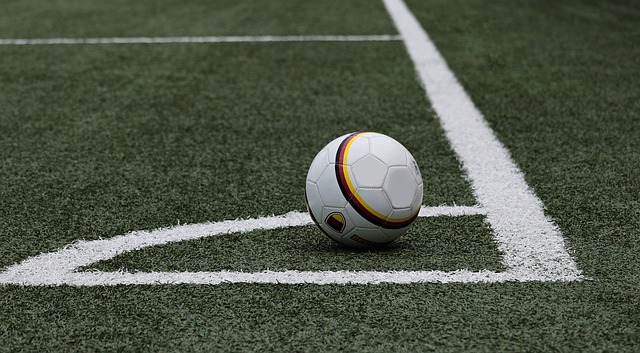The value of primary physical education (PE) has been a ‘hot topic’ for decades, awash with Government interest, policy and funding. Primary PE has received investment in excess of £2.5 billion since London hosted the Olympics and Paralympics in 2012, making it the most additionally funded subject in the curriculum, yet PE still remains undervalued in many primary schools. Why is this the case?
In this post, I draw on my recent study with 44 primary Head Teachers to understand their beliefs about PE in their school. Despite Head Teachers playing an important role in curriculum decision making, we know very little about their views on the curriculum, particularly in regard to PE. First, Head Teachers explained that Primary PE has become an increasingly complex landscape to lead in schools. The subject attracts multiple stakeholders from within and outside of education, notably with conflicting and competing messages from health and sport. Consequently, Head Teachers said they found themselves navigating through a “maze of policy and initiatives” whilst managing wider educational changes and increased accountability. The Head Teachers I spoke to shared that they were having to make difficult decisions to raise the standards in other priority subjects (identified as Maths and English), while still showing value for money.
Over two thirds of Head Teachers involved in the study agreed that national policy, including the PE and Sport Premium and the Obesity Strategy, influenced how and what is taught in their school. Participants drew a direct connection between fitness and stamina, and the development of health and wellbeing, which they described as the main purpose of PE. This goes some way towards explaining an increase of intervention-based approaches such as the Daily Mile to address concerns about health and prevalence of outsourcing the teaching of PE to coaches.
Head Teachers also explained how poor preparation to teach PE during Initial Teacher Training (ITT) has led to low staff efficacy. Whilst it is very easy to point the finger at the damage caused by poorly conceived policy and outsourcing, my findings highlight the inadequacies of teacher training over the years and the role ITT has played in the exposing of PE to an external market. Many of the Head Teachers felt their initial teacher training experience did little to prepare them for teaching and one participant stated that the majority of teachers are not equipped to teach PE “unless they have a background in some sort of physical activities themselves”. One Head Teacher described an occasion during their teacher training when they delivered what they felt was “a bog standard” lesson, saying it “wasn’t a brilliant lesson by any stretch of the imagination, but because the lesson was well managed, and the children were active and under control, it was deemed a success”.
Ultimately, my research reveals how Head Teachers are caught in a policy trap, navigating complex neoliberal agendas in primary PE alongside the inadequacies of pre- and in-service training. I support previous calls in the field to grow the profession’s understanding of how Head Teachers interpret, read, or perceive the subject (PE) and in the absence of clear policy direction, training and development for Head Teachers is essential. Funding and policy alone will not be a solution to raising primary PE’s value if senior leaders in school are not heard or supported.
Dr Sarah Williams is Principal Lecturer in the Institute of Education
Email: Sarah.Williams@shu.ac.uk
X: @kiwiinsheffield

Leave a Reply